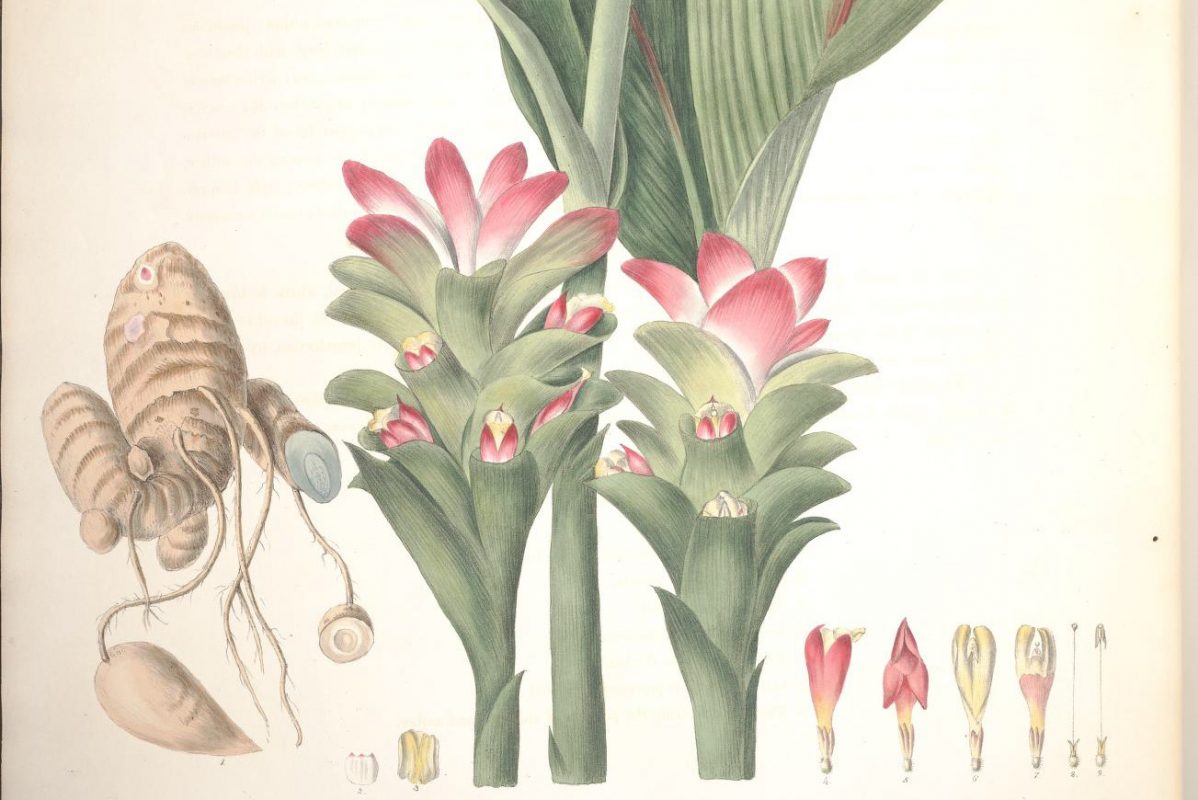News
The Health Benefits of Turmeric
The benefits of turmeric, or more specifically curcumin which turmeric is rich in, have been known for thousands of years. But, like many things in nutritional medicine (and natural medicine in general), it’s really only now that science is examining the chemistry and components to find out why it works.
Turmeric is part of the ginger family. It’s a common spice in Middle Eastern and Asian cuisines, with a warm and slightly bitter taste that combines well with meat, rice and vegetable dishes. Chopped, sliced, grated or ground, it’s so common in Indian cooking that it is known there as “the golden root of India”, and nearly every curry you have ever eaten has probably had turmeric in it.
It grows naturally throughout Southeast Asia, and it’s a common spice in Nyonya cooking. It’s in Rempahs’ Assam Pedas and Curry pastes.
MEDICINAL PROPERTIES OF TURMERIC
Turmeric is most famous for its benefits for oxidative and inflammatory conditions such as arthritis. It has long been recognised as having powerful antioxidant and anti-inflammatory effects.
Osteoarthritis was once considered a degenerative and non-inflammatory condition, but it is now recognised as having inflammatory aspects, often connected to systemic inflammation.
The same antioxidant and anti-inflammatory effects are also prized by weightlifters, yoga practitioners and runners. It’s well known in fitness circles that turmeric can help with the management of exercise-induced inflammation and muscle soreness, enhancing recovery and performance in active people.
Curcumin: A Review of Its’ Effects on Human Health, a research paper from Susan J Hewlings, from Central Michigan University, and Douglas S Kalman, from Nova Southeastern University in Florida, looked at the science of the curcumin in turmeric and found a range of other benefits.
Curcuma longahas been traditionally used in Asian countries as a medical herb due to its antioxidant, anti-inflammatory, antimutagenic, antimicrobial, and anti-cancer properties.
Curcumin, a polyphenol, has been shown to target multiple signaling molecules while also demonstrating activity at the cellular level, which has helped to support its multiple health benefits. It has been shown to benefit inflammatory conditions, metabolic syndrome, pain, and to help in the management of inflammatory and degenerative eye conditions. In addition, it has been shown to benefit the kidneys. While there appear to be countless therapeutic benefits to curcumin supplementation, most of these benefits are due to its antioxidant and anti-inflammatory effects.
They also found that turmeric’s anti-inflammatory effects extend beyond joint and muscle pain and can have a range of other important benefits.
The idea that curcumin can attenuate systemic inflammation has implications beyond arthritis, as systemic inflammation has been associated with many conditions affecting many systems. One such condition is Metabolic syndrome (MetS), which includes insulin resistance, hyperglycemia, hypertension, low high-density lipoprotein cholesterol (HDL-C), elevated low-density lipoprotein cholesterol (LDL-C), elevated triglyceride levels, and obesity, especially visceral obesity. Curcumin has been shown to attenuate several aspects of MetS by improving insulin sensitivity, suppressing adipogenesis, and reducing elevated blood pressure, inflammation, and oxidative stress. In addition, there is evidence that curcuminoids modulate the expression of genes and the activity of enzymes involved in lipoprotein metabolism that lead to a reduction in plasma triglycerides and cholesterol and elevate HDL-C concentrations. Both overweight and obesity are linked to chronic low-grade inflammation; although the exact mechanisms are not clear, it is known that pro-inflammatory cytokines are released. These cytokines are thought to be at the core of the complications associated with diabetes and cardiovascular disease. Therefore, addressing inflammation is important.
They conclude that turmeric has multiple health benefits, even for people who do not have diagnosed health conditions, and that it takes only a low dose for the effects.
IS IT JUST A TREND?
It’s hard to know what nutritional information to trust, and trends come and go. One year we’re told that ginger powder cures all ills, and the next we’re drinking Tahitian Noni juice. It really does pay to do your research and not expect any nutritional medicine to be a cure for an unhealthy lifestyle.
Our knowledge about the benefits of turmeric goes back a long way though, so it’s very likely that it has a solid basis. It’s been recognised by Chinese, Indian and Middle Eastern natural medicine for thousands of years. As Western medicine plays catch-up with our understanding of nutritional medicine, we may be better able to explain the benefits of the food we eat, and perhaps discover even more.


